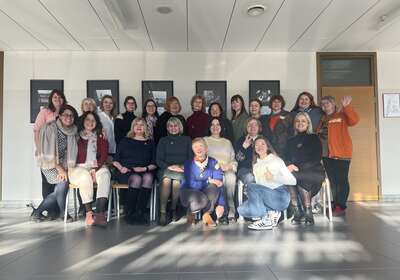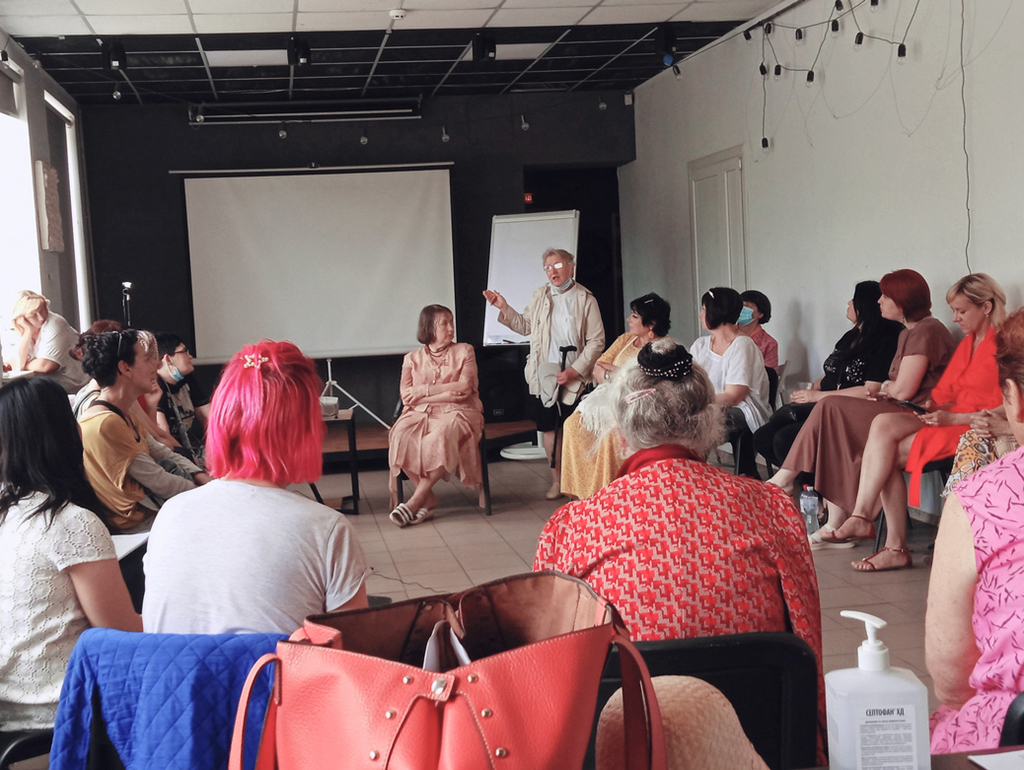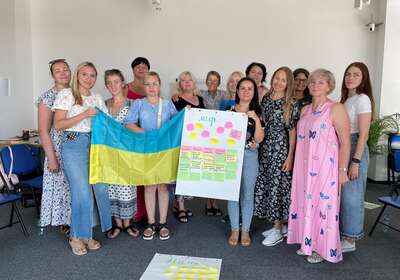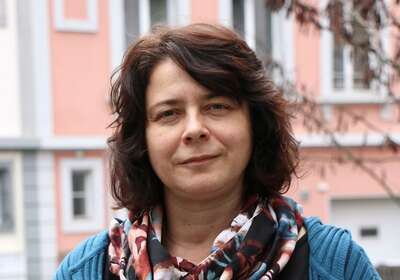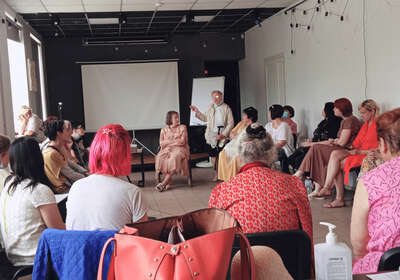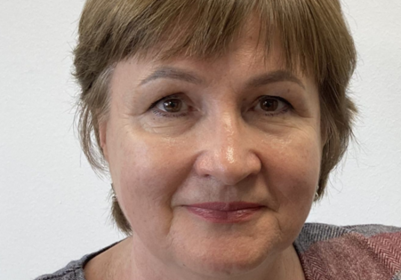In 2014, pro-Russia forces seized control of Crimea, a Ukrainian peninsula where the majority of residents are ethnically Russian. While authorities held a referendum in which Crimean voters chose to secede and join Russia, the European Union called the referendum “illegal and illegitimate”. Russia was subsequently expelled from the Group of 8 (G8). Russia annexed Crimea in March 2014.
In April 2014, Russia provoked an armed separatist movement to seize government buildings across eastern Ukraine’s Donbas region. Donetsk and Luhansk declared themselves independent republics.
Minsk Agreement not implemented
Russian armed units entered Ukraine to prevent Ukrainian forces from regaining control of Donbas. In August 2014, the first Minsk Agreement was signed, aimed at ending the fighting. Its terms were not implemented and fighting continued. The second Minsk Agreement, concluded in 2015, outlines 13 steps to peace, but violence continued to flare up along the line of contact.
Volodymyr Zelensky, elected president in 2019, pledged to end the war in eastern Ukraine. In June 2020, Ukraine was named a NATO Enhanced Opportunities Partner. Zelensky cracked down on Russian oligarchs. From April 2021, a build-up of Russian troops along its border with Ukraine began to be reported. Russia demanded “security guarantees” from the United States and NATO, including a ban on NATO expansion.
On 24 February 2022, Russia launched an attack on Ukraine, including an invasion by Russian forces from Belarus, claiming Ukraine is part of Russia. Millions of people have fled Ukraine and been internally displaced. The attack has not only been limited to the eastern regions, with the capital Kyiv and other towns being shelled. In early December 2024, the Ukrainian government reported 43,000 soldiers killed in action. At the end of 2024, the UN Human Rights Office recorded 40,838 civilian casualties since the 2022 attack, including 12,456 killed.
Failed peace efforts
Since February 2022 there have been attempts to initiate a ceasefire and a peace process. But to date all efforts to bring the parties to the table have failed. Switzerland hosted a Ukraine Recovery Conference in 2022 with a focus on post-war reconstruction, following on from the previous Ukraine Reform Conferences. The Ukraine Recovery Conference is held annually.
